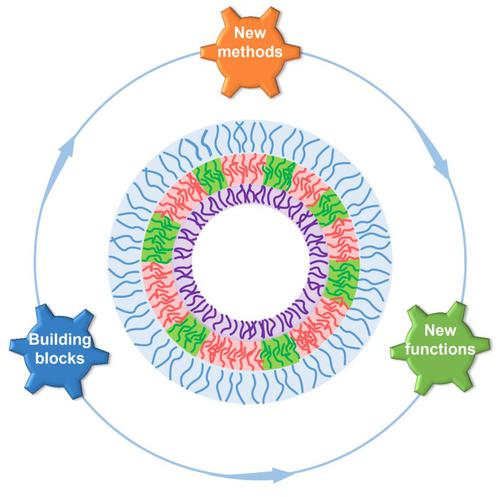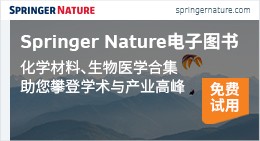Science China Materials ( IF 6.8 ) Pub Date : 2023-12-11 , DOI: 10.1007/s40843-023-2677-9 Junqiu Shi , Qingmei Sun , Wenli Wang , Chang Li , Haiyang Yin , Haolan Li , Runxin Teng , Zhen Fan , Yunqing Zhu , Jianzhong Du

|
As a major transport system in cells, naturally occurring vesicles play an important role to ensure that the right cargo is shipped to the right destination at the right time. Similarly, artificial vesicles, such as polymersomes with similar structures and functions, have been developed for various biological applications due to the advantages of polymersomes such as excellent membrane and colloidal stability, high loading efficiency of hydrophobic drugs, low membrane permeability, high functional modifiability, and long circulation time. However, relatively complicated synthesis and preparation methods, unpredictable biocompatibility and limited functions and delivery routes, have largely hindered the clinic translation of polymersomes. In this review, we propose five key scientific questions for next-generation polymersomes, in the aspects of synthesis of building blocks, self-assembly techniques, and potential biomedical applications, to emphasize on the future challenges and directions, such as simplifying the design and synthetic process, streamlining and standardizing the self-assembly procedure, and broadening the horizon of potential applications.
中文翻译:

下一代生物医学聚合物囊泡的挑战和未来方向
作为细胞中的主要运输系统,天然存在的囊泡在确保正确的货物在正确的时间运送到正确的目的地方面发挥着重要作用。同样,由于聚合物囊泡具有优异的膜和胶体稳定性、疏水性药物负载效率高、膜渗透性低、功能可修饰性高等优点,因此具有类似结构和功能的聚合物囊泡等人工囊泡已被开发用于各种生物应用。且流通时间长。然而,相对复杂的合成和制备方法、不可预测的生物相容性以及有限的功能和递送途径,在很大程度上阻碍了聚合物囊泡的临床转化。在这篇综述中,我们从构建模块的合成、自组装技术和潜在的生物医学应用等方面提出了下一代聚合物囊泡的五个关键科学问题,以强调未来的挑战和方向,例如简化设计和合成过程,简化和标准化自组装程序,并拓宽潜在应用的视野。







































 京公网安备 11010802027423号
京公网安备 11010802027423号